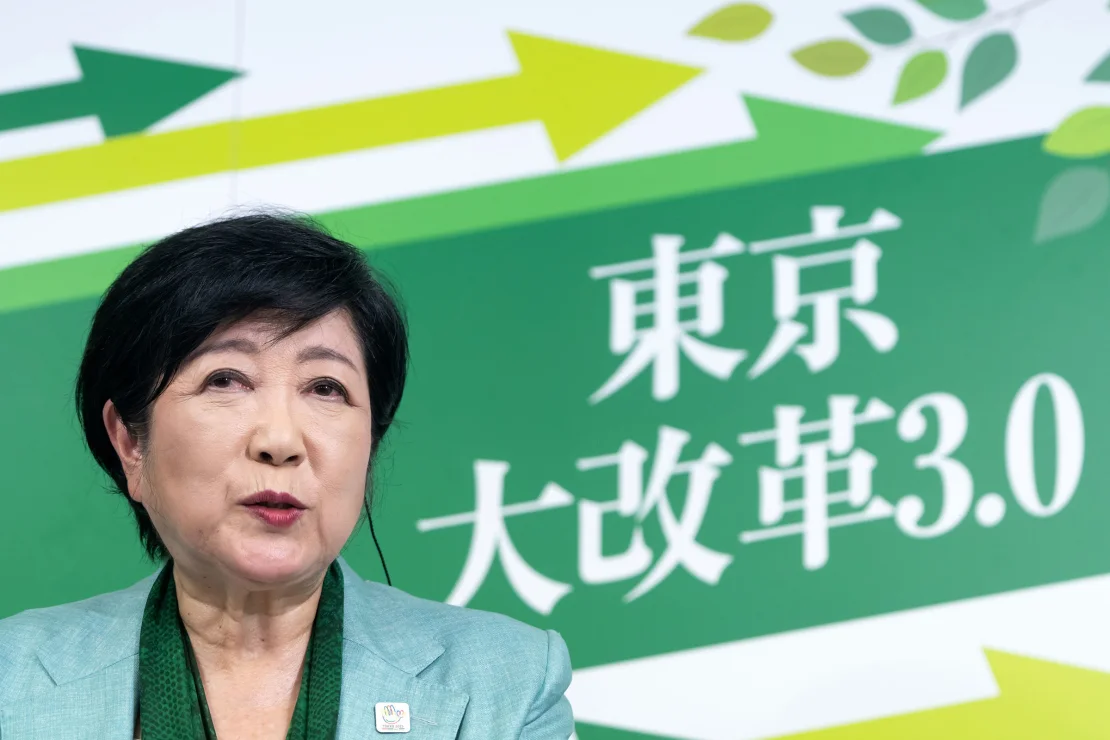Airdrop news
Tokyo to Launch Four-Day Workweek Amid Declining Fertility Rates

Tokyo is set to implement a four-day workweek for government employees starting in April, aiming to support working mothers and address Japan’s declining fertility rates.
EKO HOT BLOG reports that the Tokyo Metropolitan Government announced that the new arrangement could grant employees three days off each week.
EDITOR’S PICKS
- Electricity Meter Costs Rise Again As Deregulation Takes Effect
- Biden, Harris Set To Congratulate Trump On Presidential Win
- Thousands Of ‘Trained’ Combatants Ready To Fight Israel – Hezbollah Chief
A separate policy will allow parents of children in grades one to three of elementary school to trade part of their salary for the option to leave work early.
Tokyo Governor Yuriko Koike introduced the plan in a policy speech on Wednesday, stating, “We will review work styles with flexibility, ensuring no one has to give up their career due to life events such as childbirth or childcare.”
She added, “Now is the time for Tokyo to take the initiative to protect and enhance the lives, livelihoods, and economy of our people during these challenging times for the nation.”
Japan’s fertility rate has continued to decline, reaching a record low of 1.2 in June, well below the replacement level of 2.1 children per woman. In 2023, only 727,277 births were recorded, prompting the government to introduce measures to encourage marriage and family formation.

In response to the population crisis, the government has rolled out a variety of initiatives, including promoting paternity leave for men and improving work conditions across local governments.
Sociologists attribute the plunging birth rate to Japan’s demanding work culture and high living costs. The country’s corporate environment, characterized by long hours and a strong sense of loyalty, has led to health risks and even cases of “karoshi,” or death by overwork. Women often face pressure to choose between career advancement and family, with the intense overtime culture making pregnancy and raising children particularly challenging.
Japan’s gender gap in labour force participation remains significant, with only 55% of women participating compared to 72% of men, according to the World Bank.
FURTHER READING
- Hezbollah Launches 120 Projectiles From Lebanon Into Israel
- Full List of Chief of Army Staff Who Died in Office
- ECOWAS Court Partners ICRC To Domesticate International Humanitarian Law
While the idea of a four-day workweek has gained traction in the West, where some companies have adopted compressed hours to attract talent seeking better work-life balance, it remains a radical concept in Japan’s corporate culture.
Tokyo’s move follows similar initiatives in other Asian cities, such as Singapore, which introduced guidelines this year requiring companies to consider requests for flexible working arrangements, including four-day weeks and flexible hours.
Click here to watch our video of the week:
Advertise or Publish a Story on EkoHot Blog:
Kindly contact us at [email protected]. Breaking stories should be sent to the above email and substantiated with pictorial evidence.
Citizen journalists will receive a token as data incentive.
Call or Whatsapp: 0803 561 7233, 0703 414 5611

















